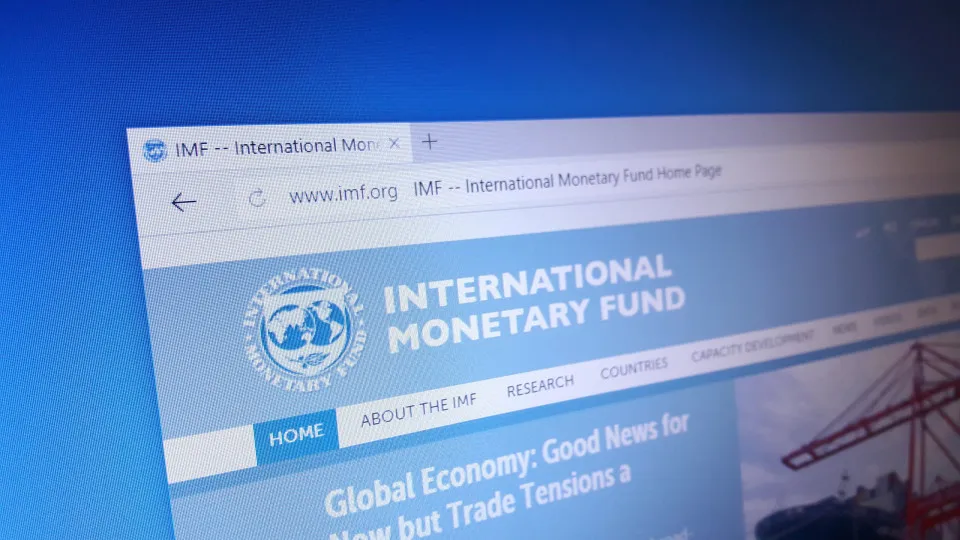
“The high uncertainty on multiple fronts and the increase in tariffs are the main drivers” of these estimates, according to the World Economic Outlook released today.
The IMF highlights that “the recovery of private consumption, with higher real wages, and fiscal easing in Germany in 2026, represent only a partial compensation, while the strong performance of Ireland boosts growth in 2025.”
Ireland is expected to have a growth of 9.1% this year, according to the IMF’s projections, which will slow to 1.3% in 2026.
The institution’s estimates point to a growth in Germany’s Gross Domestic Product (GDP) of 0.2% this year and 0.9% next, and for the French economy, growth of 0.7% and 0.9%, respectively.
The budget balance is also projected to worsen in the eurozone, particularly considering “an increase of 0.8 percentage points in the deficit in Germany, resulting from increased spending on infrastructure and military capacity.”
Regarding public debt, the debt-to-GDP ratio in the euro area is estimated to reach 92% in 2030, compared to 87% in 2024.




